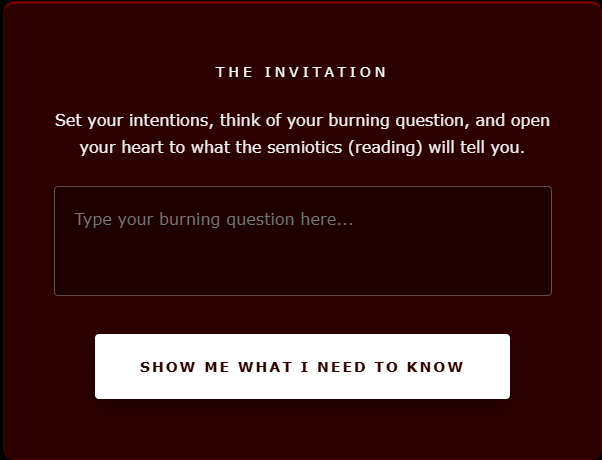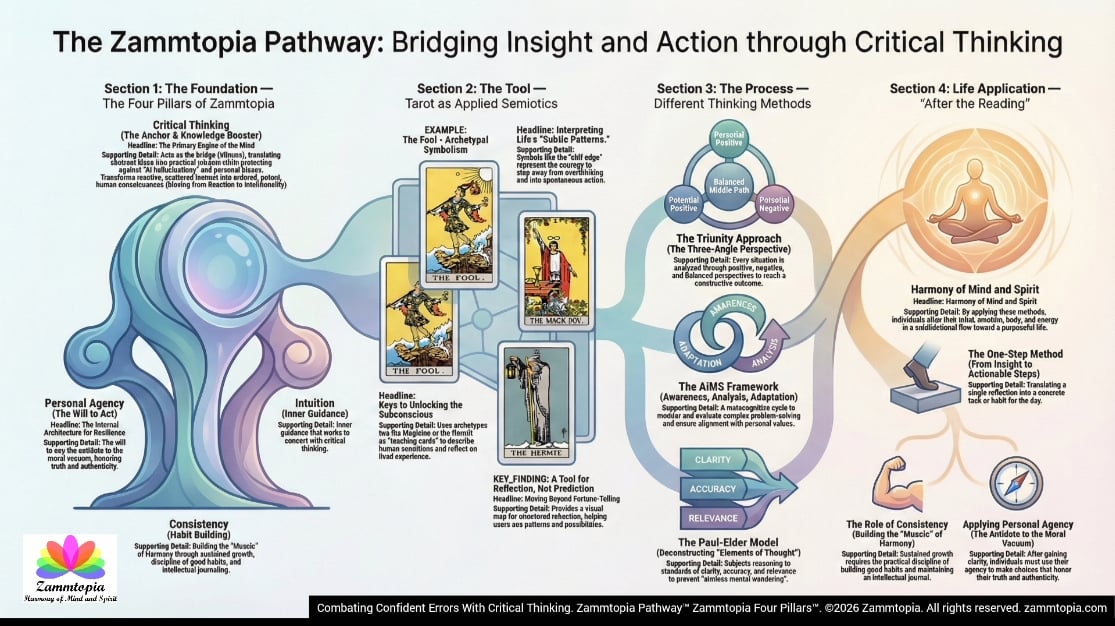What an incredible experience. Couldn't recommend Zamm more. She is exceptional at what she does and provided me with fantastic insights.
Gregory K
Dec 2025 • Solo
This was my second reading with Zamm and she is so lovely and truly wants to help people. She is very professional and clear in her readings, as well as kind and supportive. Both readings were super helpful and spot on! I highly recommend her services.
Roving10096764117
Dec 2025 • Solo
This was my second reading with Zamm and she is so lovely and truly wants to help people. She is very professional and clear in her readings, as well as kind and supportive. Both readings were super helpful and spot on! I highly recommend her services.
Voyager34126461967
Dec 2025 • Solo
I’ve been wanting to write this review for a while, but I needed a quiet moment to really sit with it.
I’ve had three readings with Zamm during different phases of my time in New Zealand, and honestly, I feel so lucky I got to see her in person. Each session feels like a little treasure I carry with me. I go back to the recordings whenever I need clarity, and every time I find something new in them.
Her readings have been like a map for me—guiding, grounding, and real.
Zamm blends tarot and intuition in such a genuine and spot-on way. If you get the chance to have a reading with her, you’ll know exactly what I mean.
Thank you, Zamm, for holding space for my heart — and for your friendship.
Hernán A
Nov 2025 • Solo
I had my tarot reading last night. It was such an incredible experience. I felt renewed and clear minded after. You can definitely feel her sense of depth, knowledge, and guidance. Highly would recommend a reading from her! One of the best!
JOEY
Oct 2025 • Solo
Zamm is an incredible talent! Not only does she possess insight into the tarot, she is also able to convey what the cards show to the uninitiated. The fact she was using a deck that she herself had designed, really shows her passion. This was my first time reading with her and I definitely look forward to our next session. The atmosphere is relaxed and open, with Zamm guiding the session at the same time as giving space to inquire into specific areas where I wanted her insights. I left with new knowledge that I think will prove very useful. Thanks Zamm
Jason J
Sept 2025 • Solo
Just had my tarot read through a google meet with Zamm. At first I was very skeptical of how accurate it was going to be as tarot is more commonly known to be read in person. Although I was absolutely amazed at how accurate and in depth the whole experience turned out to be. I closely resonated with what Zamm presented to me! I definitely recommend giving her readings a go, her service was absolutely unreal!
Alicia R
Jun 2025 • Solo
Zamm is a gifted and insightful reader who I’ve trusted to guide me over many years. Her guidance has helped me with big decisions and helped propel me in positive directions, into areas I hadn’t dreamed possible. I always come away from her readings with a renewed clarity. I’m thankful to have found such a trusted reader and guide.
Curiosity51142412138
May 2025 • Solo
Zamm was amazing. She put me at ease straight away. The cards definitely gave me a bit more clarity about some things that had been on my mind. I was able to get readings about work, family, friends and romance. Also she recommends recording the session so you can go back for a listen after your reading. 10/10
Tour29595585099
May 2025 • Solo

